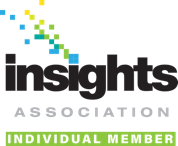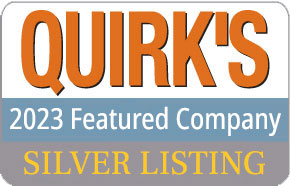
Focus groups can be an excellent way to capture respondents’ thoughts, feelings, and attitudes in the way that a survey or questionnaire cannot. A well-executed focus group can spark new ideas and understanding. At the end of a successful group, respondents have formed a temporary community and might leave still talking amongst themselves, excited about their contribution. A good moderator is key to creating a great experience for the panelists that leads to the insights that researchers are seeking. Without the right person moderating, you might not be getting the most out of the participants and miss opportunities for valuable information.
Skilled moderators have some innate traits and other abilities they have honed over time. A great moderator has a combination of interpersonal skills, knowledge of market research processes and the current topic. The following are key processes that seasoned moderators implement for successful focus group outcomes:
-
Understanding the research goals and knowing the topic
-
Creating a relaxing and welcoming environment
-
Establishing rules and maintaining control of the group
-
Gathering feedback from ALL participants
-
Digging into and expanding on responses while remaining neutral
Each of these steps is important to getting the best results. The first step starts before the group ever begins. The moderator must have a clear idea of the purpose of the group so that they remain focused on the goals. They will familiarize themselves with the not only the topic and the research that lead up to the focus group but also the participants. It is important to keep these goals in mind and not allow that focus to wander, while still being open to new insights. Having a goal for the research is different from having an expectation for the results. Understanding the topic and respondents makes communication easier and more efficient and builds trust with the panel.
A great moderator is at ease interacting with a variety of types of people. They have a natural curiosity and easily engage with people. They begin to build a rapport with the participants as soon as they arrive. Calling the respondents by name and welcoming them to the group are important to make them feel comfortable from the start. Time is valuable and while rushing into the topic is temping, spending time on an introduction and brief ice breaker will pay off by helping the participants open up and begin to share more quickly. The moderator should be clear and direct but also warm, giving positive reinforcement to let respondents know their opinions are valued.
Every focus group should have a variety of personalities and it is the moderator’s job to regulate the conversation to ensure everyone contributes. Setting expectations at the beginning of a group will help establish the moderator’s authority. The moderator must be friendly and approachable but also professional and impartial. A great moderator will be able to maintain control of the group while being flexible. Flexibility is key to getting in depth information that can expand the scope of research and give valuable insights. The group may take an unexpected turn and go in a different direction. This does not mean the moderator has lost control. The moderator will get the most out of the group by being open to unexpected information but still keeping the end goal in mind.
Having guidelines in place helps things go more smoothly but a great moderator is quick on their feet and can handle a variety of potential distractions. They know where to find a pause to interrupt the person who doesn’t know when to stop talking. They know how to encourage the quietest participants and ask them directly for their feedback. And they know how to redirect panelists when they veer too far off the topic. At the same time, they are open to new ideas and are looking for opportunities to ask follow-up questions and probe for unexpected information.
One of the most complex parts of the focus group is knowing where and how to dig in, probe and get the panelists to expand on their thoughts. Great moderators are good listeners but also able to read non-verbal cues. Watching body language and facial expressions can be fantastic clues about the thoughts and feelings of even the quietest respondents. At the same time, they must control their own responses. The moderator needs to get the panelists to expand on their opinions without leading them in a particular direction. When the panel feels that the moderator is objective it gives them the freedom to be honest in their responses.
Were you surprised and excited with the results of your last focus group? Did you receive valuable insights for your business? Did the panelists leave delighted about what the group had discovered together? Were they thankful for the experience and hopeful to participate in other groups? Then you had a group run by a great moderator! If the outcome of your last group didn’t meet your expectations, Eastcoast Research can provide an experienced moderator with the skills and traits described above to maximize insights and positive results.
Links:
https://www.actionable.com/blog/focus-group-moderation-tips-1
https://fieldworkhub.com/2021/01/08/six-points-to-consider-when-looking-for-a-focus-group-moderator/







